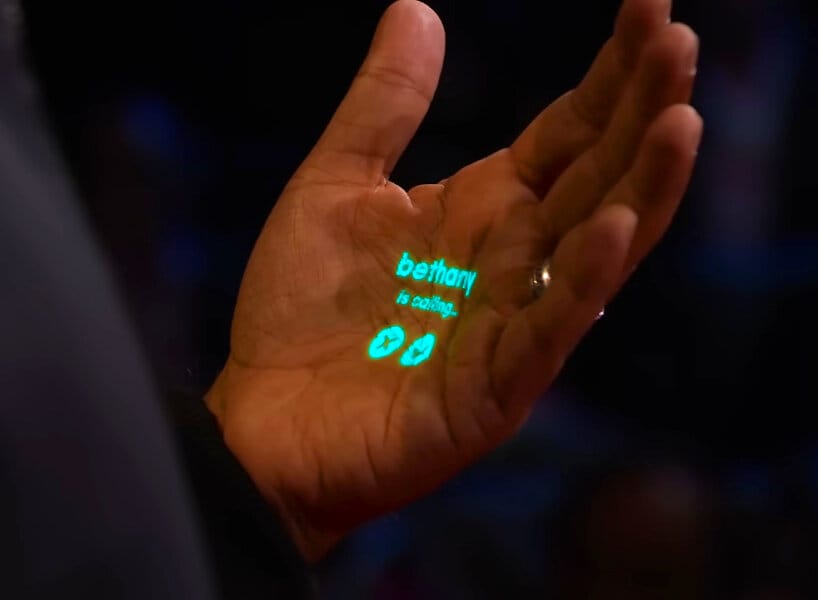Oh, the Humane-ity

Last weekend, the Bay Area hosted the NBA Dunk Contest.1 Today, it will host the Humane dunk contest. We're going to get slam after slam after slam against the company after it was announced that they were acquired by HP for $116M.2 A regular person might read that headline and think, "wow, a startup sold for nine-figures – impressive." Of course, it's not impressive in this case. It's a fire sale for a company that has been under duress for months after their product, the Ai Pin, failed to catch fire in the market. Actually, that's not technically true. There was a literal risk of fire when charging the device, which led to a recall. And so you'll forgive me for sort of re-using a headline here – but this situation is much more akin to the Hindenburg disaster from which the phrase originates.
This is harsh. And some people won't like that – notably, the investors in Humane. But don't feel too badly for them, they can afford the zero dollars they'll be getting back here. And actually, a few might get some of that $116M – depending how much debt was on the books to pay off.3 Certainly not getting any money out of this deal are the employees of Humane. The company had raised something to the tune of $240M, so the purchase price wouldn't nearly clear the rest of the preference stack even if it could clear the debt. So feel badly for them. At least Humane was able to find a home that will ensure they all have jobs, if they want them. Kudos for that.4
Yes, Humane was a startup and startups are hard. Still, they clearly made it harder on themselves and there are some lessons to take away from that...
